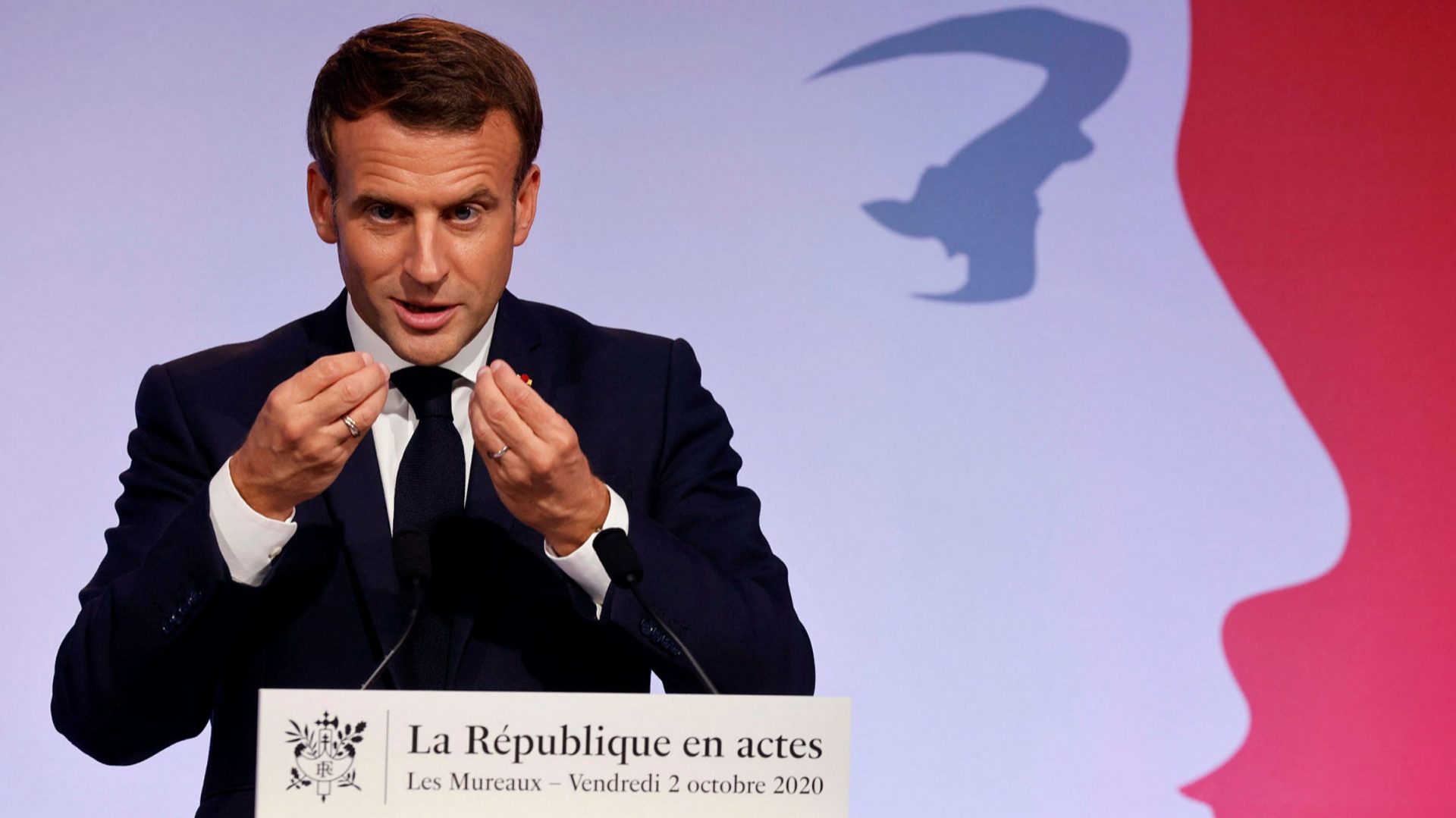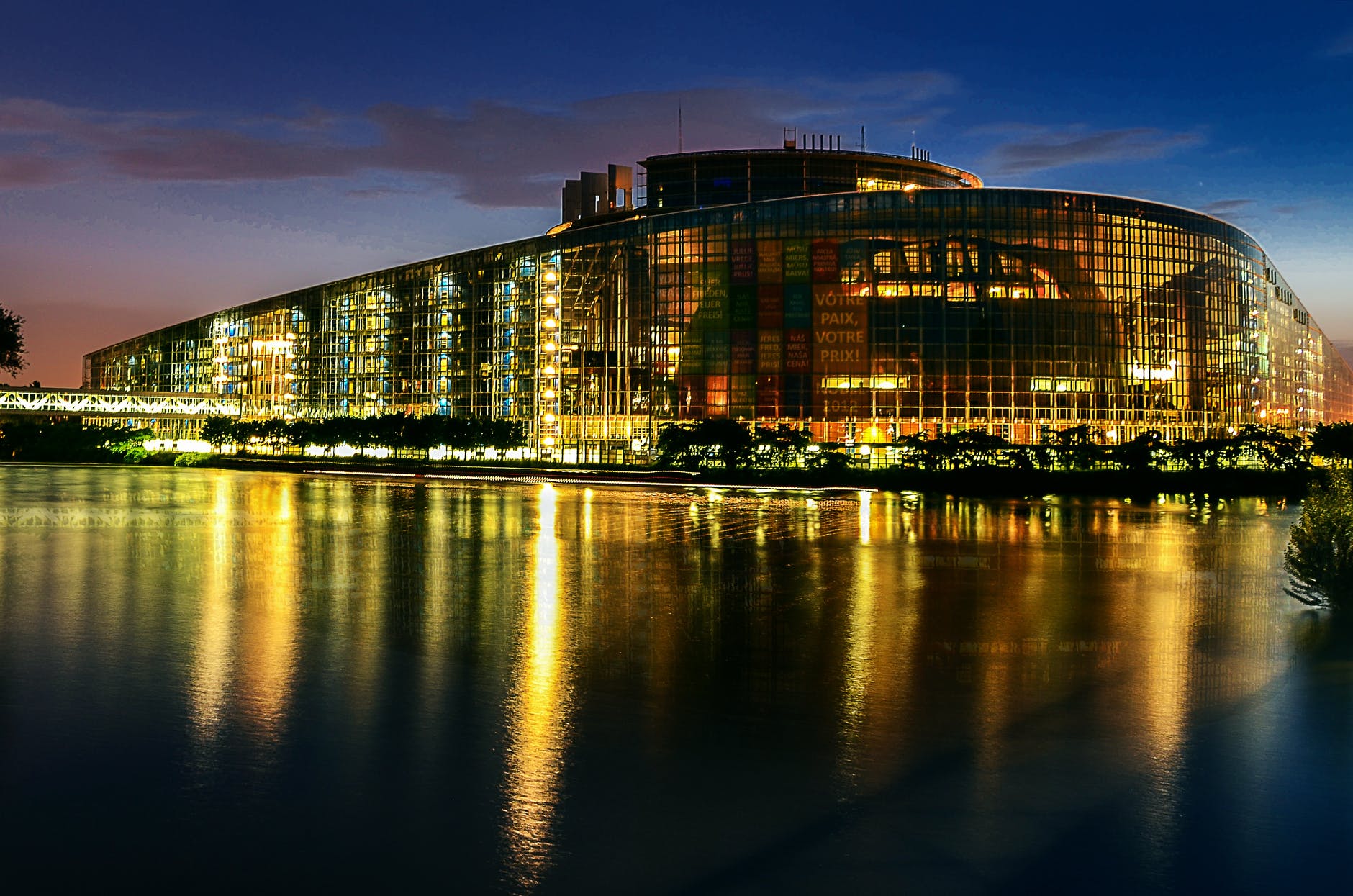It is easy these days to paint a bleak picture of cross-Strait developments and what they signal for the future of Taiwan. Beijing’s military intimidation campaign appears to be gaining momentum. Its tools for squeezing Taiwan’s diplomatic space are formidable. And as US-China relations deteriorate, Beijing’s level of restraint, not just on Taiwan, but also on Hong Kong, Xinjiang, Tibet, the Sino-Indian border, and the South China Sea, appears to be diminishing.
Yet, as troubling as these dynamics are, they do not provide the full picture of trend-lines that will shape Taiwan’s place in the world. China’s bullying behavior has not been limited to Taiwan. Taipei’s challenge now is to seize diplomatic opportunities abroad, even as it seeks to manage points of friction with Beijing.
One of Taiwan’s greatest opportunities to strengthen its standing may be in Europe. Germany, a key player in EU policy discussions on China, announced its first-ever Indo-Pacific strategy in early September. The strategy solidifies Germany’s decision to pursue Asia strategy to contend with China, and not a China-centered Asia strategy.
Around the same time as the release of Germany’s strategy document, China’s two top diplomats, Politburo member Yang Jiechi (楊潔篪) and Foreign Minister Wang Yi (王毅), traveled to Europe, ostensibly to build goodwill and lay the groundwork for a virtual summit involving Chinese President Xi Jinping (習近平) and European leaders on September 14. If goodwill was the goal, the Chinese diplomats appear to have achieved the opposite.
Foreign Minister Wang warned his Norwegian hosts against using the Nobel Peace Prize to interfere in China’s internal affairs. In Berlin, he criticized Czech Senate President Milos Vystrcil’s visit to Taiwan, warning that there would be a “heavy price” for the visit. These comments prompted a tart rejoinder from German Foreign Minister Heiko Maas that “threats do not fit in here.”
The virtual summit between President Xi Jinping and German Chancellor Merkel, EU Council head Charles Michel, and EU Commission President Ursula von der Leyen on September 14 continued the trend.
The cordiality typical of such affairs did not conceal a wide range of pointed criticisms of Chinese behavior. EU leaders raised concerns on the pace of progress on combatting climate change, treatment of ethnic and religious minorities, limits on freedom of expression, imprisonment of Swedish and Canadian individuals, Hong Kong, and a host of other issues.
On the same day as the virtual summit, nine renowned European experts on China publicly released a commentary calling for Europe to change its policy toward Taiwan and the People’s Republic of China. The experts described Europe’s policy to date on Taiwan as “maintain[ing] the status quo” and concluded that PRC behavior makes the perpetuation of such a policy “untenable.” They based this conclusion on Beijing’s brazen disregard of its past commitments on Hong Kong and on Beijing’s apparent willingness to use non-peaceful means to achieve political objectives.
So, how could Taiwan act on such an opening?
First, be clear on what counts as progress. Taiwan’s goal is to forge deep-rooted mutually beneficial relationships with other powers that can provide a bulwark against Beijing’s bullying. The goal is not to join clubs for joining’s sake, but to contribute to issue-based groupings that are guided by purpose and organized around divisions of labor.
Second, be a provider of solutions to the challenges other countries confront. In Europe as elsewhere, countries face acute health, societal, and economic challenges. Taiwan can be a valuable source of support to these countries, for example, by providing dependably safe personal protective equipment, by sharing best practices on COVID-19 care models, and by helping other governments rebuild public trust with their citizens. Taiwan has notched valuable lessons in all these areas that can be transferred to others.
Third, show seriousness of purpose in tackling transnational challenges. In recent years, an absence of American leadership has led to atrophying global capacity for confronting common transnational threats.
When there is a resumption of energy around marshalling collective action to confront common challenges, Taipei should contribute, much as it did through its support for humanitarian operations in Afghanistan, its involvement in the counter-ISIS coalition, and its contributions to countering the outbreak of Ebola in 2014. While not a substitute for meaningful participation in international organizations, such activities nevertheless bring Taiwan into closer contact with other contributing nations and help earn Taiwan dignity and respect on the world stage.
Fourth, demonstrate patience and predictability. The more it becomes clear that partnering with Taiwan does not equal supporting alterations to the cross-Strait status quo, the more comfortable other countries will become in working alongside Taiwan on shared challenges. And the denser the web of Taiwan’s relations with other countries, the higher the risk and cost Beijing will confront if it ever decides to use non-peaceful means in pursuit of its goals.
Deepening relations with other major countries likely will not follow a linear path. There will be ups and downs. Progress will be measured in years and decades, not near-term breakthroughs or splashy signing ceremonies. Nevertheless, the further Taiwan travels down this path, the stronger the position it will find itself.
Ryan Hass is a fellow and the Michael H. Armacost Chair in the Foreign Policy program at Brookings, where he holds a joint appointment to the John L. Thornton China Center and the Center for East Asia Policy Studies. He is also the Interim Chen-Fu and Cecilia Yen Koo Chair in Taiwan Studies.
Comments will be moderated. Keep comments relevant to the article. Remarks containing abusive and obscene language, personal attacks of any kind or promotion will be removed and the user banned. Final decision will be at the discretion of the Taipei Times.














